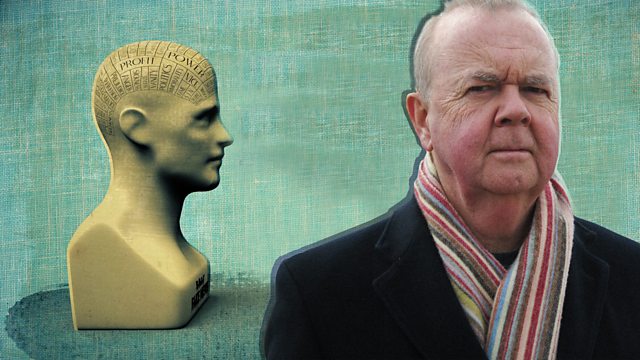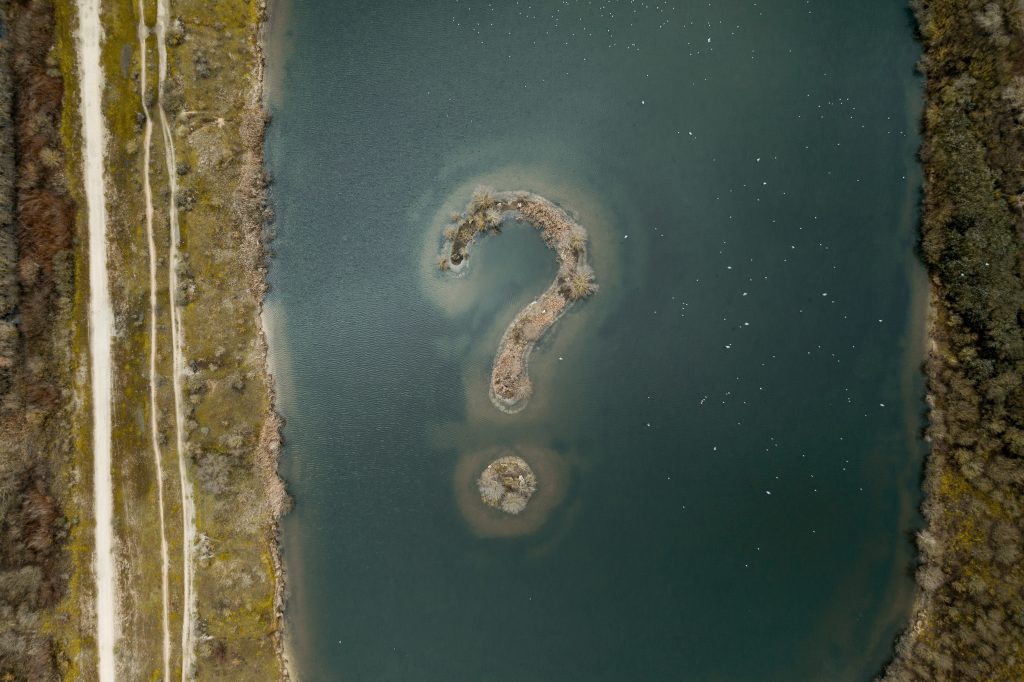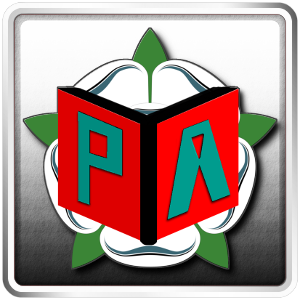I’m abandoning the sustainability blog till next week as this issue keeps coming up and I wanted to air it.
I started investigating this idea a couple of weeks ago and since then I’ve seen it pop up in various places, including a programme on BBC 4 on Monday night with Ian Hislop which was brilliant called Fake News- a History. (The link below is active for 28 days to watch it)
As the U.S. elections loom later on this year, I keep seeing posts on social media which are apparently unconnected with it, yet on analysis, are deeply ingrained in it all. A neighbour, also, told me about a programme he’d recently watched which is on the same theme. It featured a social media team based in Scotland who were set up to influence our last election and the Brexit vote.
People’s opinions are very transparent on social media, according to their likes and dislikes. Adverts constantly target us in this way, so it’s no surprise that political campaigns do the same thing. I’m sure it isn’t ethical but until a law is made against it, it will continue. (Will the ruling party who used those tactics to get in power make that law? I don’t think so).
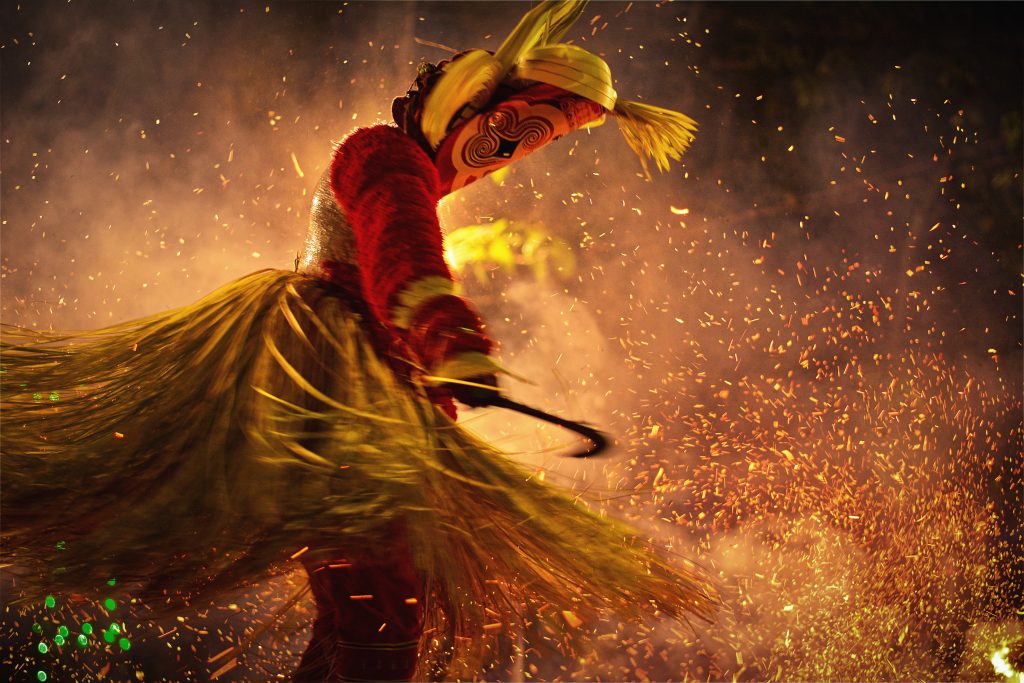
What appears to be happening is that people’s fears and desires are identified, then posts that validate or gratify them are created in support of a particular idea or political party. Because they are validating that person’s opinion, they like the post then share it among their friends. We all do it-who hasn’t shared a funny post about a certain president and disinfectant recently? More and more posts end up validating our own viewpoint giving us a biased view of general opinion in the world.
It therefore comes a shock if we get a post from a friend with a hashtag supporting someone we abhor, which happened to me recently and made me question the whole set up.
I then started to analyse what was happening and came to the following conclusions.
Some political groups are piggybacking onto causes that groups of people strongly identify with. A clear example of this is the Trump campaign where he has piggybacked onto the anti-vaccine lobby making out he is strongly against vaccines and big pharmaceutical companies. In doing so, he garners votes and support from a whole section of society who are into conspiracy theories and alternative views…a surprising side line from the normal gun touting supporter. It will be interesting to see if this support wavers now he’s embracing vaccines and trying to buy pharmaceutical companies in an attempt to get the drugs to combat covid-19. He is also constantly attacking all journalism as fake news (unless it suits his agenda of the day, in which case it’s real news even when it’s fake!). The result is that people question more and more what is in the newspapers but not what is on social media, becoming more and more prey to the manipulation through it.
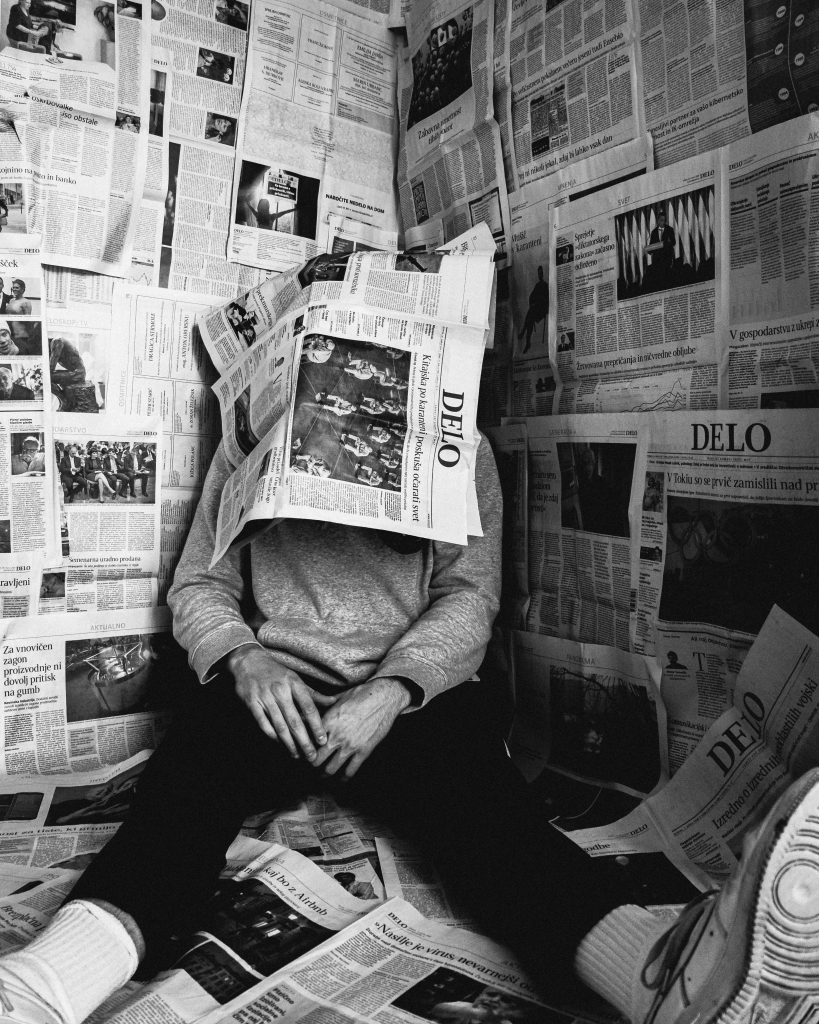
Besides all the political manipulators, you’ve also got lots of people who make up stories just to get ‘likes’, which then end up being passed around as truth; sometimes with very dangerous consequences, as in Pizzagate during the last Trump election campaign.
Confused? You’re meant to be!
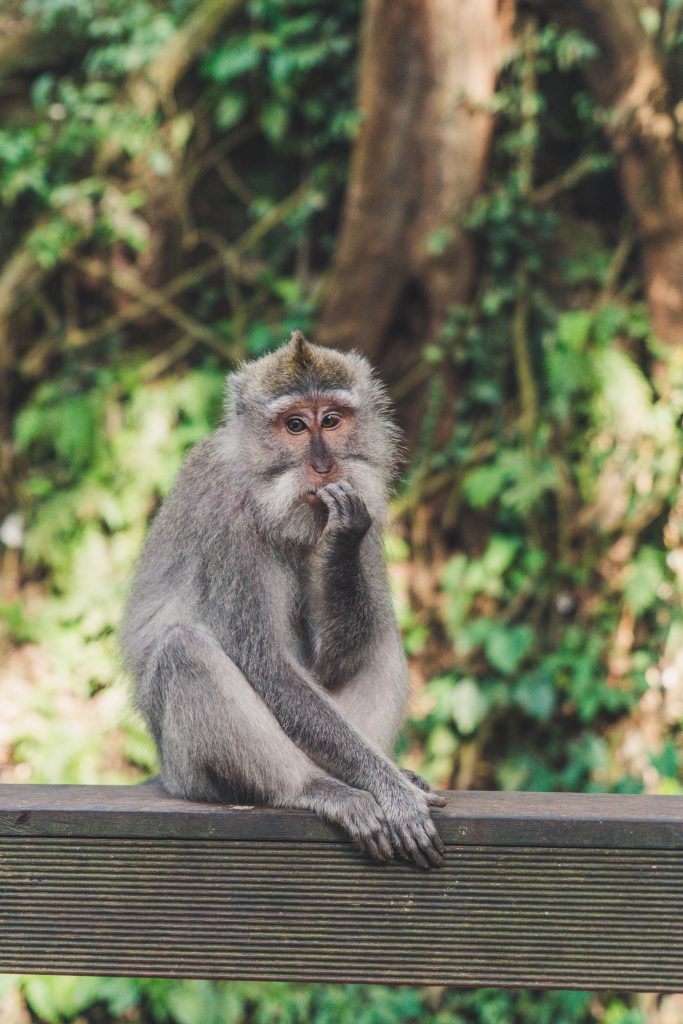
What is the way out of all this confusion?
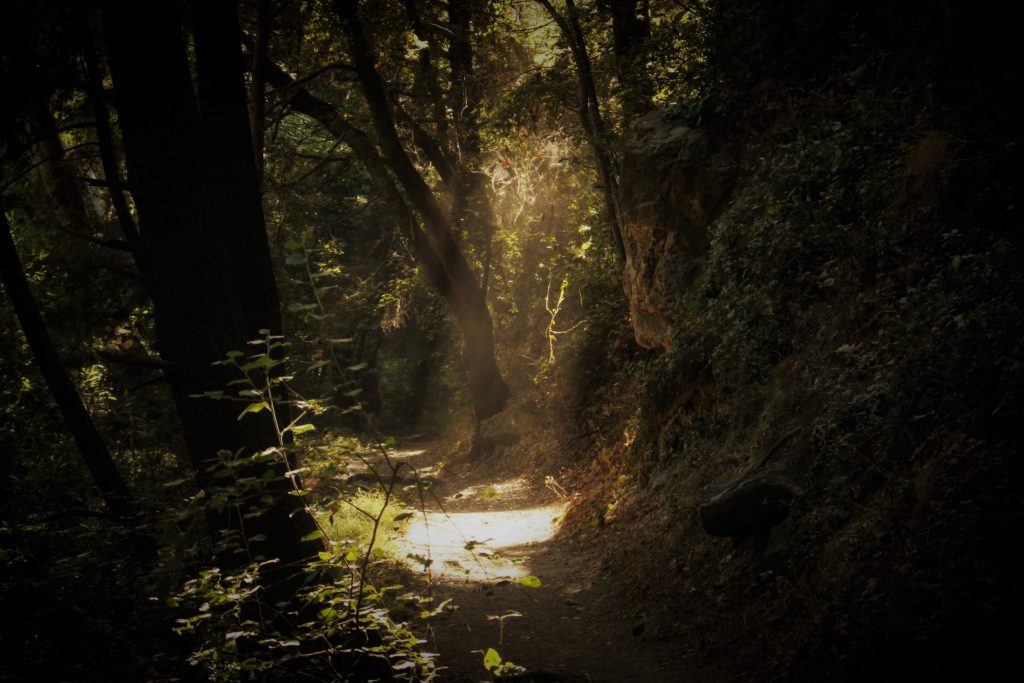
Trust your inner knowing. When I received the posts that disturbed me from my friend, I didn’t even open them because they felt wrong. I’ve decided there are several ways to check if you are being manipulated.
- If the post taps into your fears.
- If it is sensational or highly emotive.
- If the hashtags link to a particular political party or opinions.
- If the source of the information isn’t validated.
- If the essence of the post is about blaming someone.
- If it appeals to your ego, (making out by following this, whatever you believe will be augmented)
- Be wary of how photos are used, look at them carefully, has the photo been taken out of context and placed next to words that give it a different meaning?
Your own inner knowing is your best radar. Link in to what feels right for you, for others and for the planet. Life is hard enough to navigate at the best of times but with all the modern pressures it makes it even harder. Let’s use this time of reflection to work out what really matters to us and to our communities. Let’s focus on positive ways to create that in the real world whilst reminding ourselves that the world of social media isn’t always what it seems.

